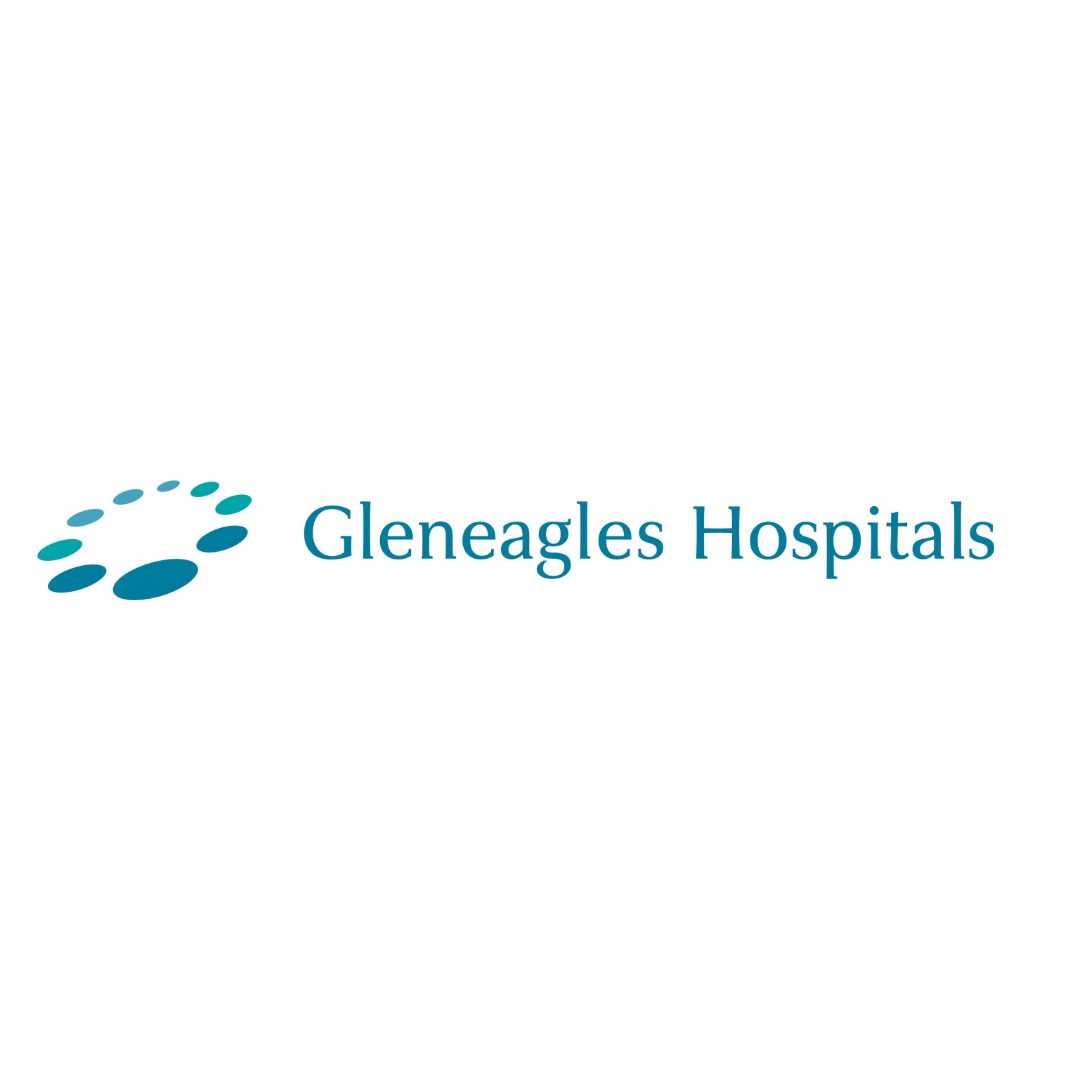Thailand is an Excellent Choice for Medical Tourism Abroad
.png)
When considering traveling abroad for healthcare, Thailand consistently ranks among the top destinations in the world. For years, it has cultivated a reputation not just as a beautiful tourist hotspot but as a premier hub for medical excellence. But the question many prospective patients ask is: Is Thailand a good place for medical tourism? The answer, overwhelmingly, is yes. Thailand has masterfully blended first-class medical care with its legendary hospitality, creating an environment where patients feel both expertly treated and genuinely cared for. With millions of medical tourists flocking to its shores annually, the country has proven its ability to deliver complex surgical procedures and wellness treatments at a fraction of the cost found in Western nations, without compromising on quality.
The strength of Thailand's medical tourism sector lies in its robust infrastructure, featuring numerous internationally accredited hospitals, particularly in Bangkok and Phuket. These facilities are equipped with the latest medical technology and staffed by highly qualified, often Western-trained, doctors and surgeons. From intricate cardiac surgeries and orthopedic replacements to world-renowned cosmetic and dental procedures, the breadth of services is vast. This guide will delve into what makes Thailand a top choice for your healthcare journey in 2025, covering everything from cost-effectiveness and safety standards to the patient experience and the most sought-after treatments.
Why Is Thailand a Global Leader in Medical Tourism?
Thailand's ascent to the top of the medical tourism industry isn't accidental. It's the result of strategic investment in healthcare and a natural aptitude for service. The country has successfully created a holistic healthcare ecosystem that appeals to international patients for several key reasons:
- International Standards of Care: Thailand boasts a large number of hospitals accredited by the Joint Commission International (JCI), the gold standard for healthcare quality worldwide. This ensures that patient safety, clinical excellence, and operational efficiency are on par with top hospitals in the US and Europe.
- Advanced Technology: Thai hospitals continuously invest in cutting-edge medical technology, from robotic surgery systems like the Da Vinci robot to advanced imaging and diagnostic tools, ensuring patients receive the most modern treatments available.
- Renowned Hospitality: The concept of "Thainess," which emphasizes warmth, compassion, and impeccable service, is deeply embedded in the patient experience. Hospitals feel more like five-star hotels, with private rooms, personalized concierge services, and multilingual staff dedicated to making patients feel comfortable.
- Holistic Wellness Focus: Beyond just treating illnesses, Thailand excels in wellness and preventative care. Many medical packages integrate traditional Thai wellness practices, spa treatments, and healthy cuisine to promote a faster and more pleasant recovery.
How Cost-Effective is Medical Treatment in Thailand?
The dramatic cost savings are a primary driver for choosing medical tourism in Thailand. This affordability is due to the country's lower cost of living, favorable currency exchange rates, and government support for the sector, not a compromise on quality. Patients can receive treatment from a world-class surgeon in a state-of-the-art facility for a price that might not even cover the deductible in their home country.
Here is a comparison of average costs for some popular procedures:
| Procedure | Average Cost in the US | Average Cost in Thailand |
|---|---|---|
| Heart Valve Replacement | $150,000 - $200,000 | $22,000 - $30,000 |
| Knee Replacement | $35,000 - $60,000 | $10,000 - $15,000 |
| Breast Augmentation | $8,000 - $15,000 | $5,000 - $7,000 |
| Dental Implant (per tooth) | $3,000 - $5,000 | $1,600 - $2,400 |
These significant savings allow patients to afford necessary treatments or elective procedures that might otherwise be out of reach, often with enough left over to enjoy a relaxing recovery vacation.
Are Hospitals in Thailand Safe and Well-Regulated?
Patient safety is a top priority in Thailand's leading hospitals. The country was the first in Asia to achieve JCI accreditation, and today, it has over 60 JCI-accredited facilities. This is a testament to their commitment to meeting the highest international benchmarks for safety and quality of care.
In addition to the JCI, Thailand has its own national accreditation system, the Healthcare Accreditation Institute (HA), whose standards are also internationally recognized. This dual layer of oversight ensures that hospitals maintain rigorous protocols for everything from infection control and medication management to surgical procedures and staff qualifications. Patients can feel confident that they are entering a healthcare system that prioritizes their well-being.
What are the Most Popular Medical Treatments for Tourists in Thailand?
Thailand has developed centers of excellence in a wide variety of medical fields. Some of the most sought-after procedures include:
- Cosmetic Surgery: Clinics providing plastic surgery in Thailand for breast augmentation, rhinoplasty, facelifts, and gender confirmation surgery are performed by highly skilled surgeons with an artistic eye for natural-looking results.
- Dental Care: From routine cleanings and whitening to complex procedures like dental implants, full-mouth restorations, and ceramic crowns, Thai dental clinics offer top-tier care at affordable prices.
- Orthopedics: Hip and knee replacements are common procedures, with hospitals using advanced, minimally invasive techniques to ensure faster recovery times.
- Cardiology: Advanced cardiac care, including bypass surgery and angioplasty, is available at a fraction of the cost in Western countries.
- Wellness and Health Screenings: Many visitors come for comprehensive, executive health check-ups that are both thorough and inexpensive. Wellness retreats that combine medical oversight with spa treatments are also incredibly popular.
How Qualified Are Thai Doctors and Medical Staff?
The expertise of its medical professionals is a cornerstone of Thailand's success. A significant number of doctors and surgeons at leading hospitals like Bumrungrad International Hospital and Bangkok Hospital have international experience and certifications from American or European boards. This global perspective, combined with the high volume of cases they handle, gives them a remarkable level of skill and expertise.
Furthermore, international hospitals place a strong emphasis on continuous education and training to keep their staff updated on the latest medical advancements. The presence of fluent English-speaking doctors, nurses, and administrative staff eliminates communication barriers, allowing patients to feel comfortable and confident throughout their treatment journey.
What is the Patient Experience Like?
This is where Thailand truly shines. The country's top hospitals have perfected the art of patient-centered care. From the moment you arrive, the process is designed to be seamless and stress-free. International patient departments act as a personal concierge, handling everything from airport transfers and accommodation to appointment scheduling and visa assistance.
Hospitals are designed to be healing environments, often featuring spacious private rooms, international dining options, and tranquil gardens. The cultural emphasis on respect and kindness means that patients are treated with a level of compassion and attentiveness that often exceeds expectations, making the entire experience feel less like a hospital stay and more like a recovery retreat.
Are There Any Downsides or Risks to Consider?
While Thailand's healthcare system is excellent, no destination is without risks. The key is to mitigate them through careful planning:
- Choosing the Right Facility: The high standards mentioned apply to top international hospitals. Lower-tier clinics may not meet the same quality benchmarks. It is crucial to stick to JCI or HA-accredited facilities.
- Follow-Up Care: Plan your post-operative care in advance. Discuss with your Thai doctor how they will communicate with your home doctor. Many hospitals offer telemedicine follow-ups.
- Travel Safety: While Thailand is generally safe for tourists, it's wise to be aware of your surroundings, avoid petty crime, and have comprehensive travel insurance that includes medical evacuation.
Do I Need a Special Visa for Medical Treatment in Thailand?
To support its thriving medical tourism industry, the Thai government introduced a dedicated medical visa. This visa requires a confirmation letter from a licensed healthcare institution in Thailand and proof of adequate finances. It allows for a 90-day stay, which is a significant advantage over a standard 60-day tourist visa, providing ample time for procedures and recovery. The hospital's international patient department will typically assist you with the necessary documentation for the visa application.
With its unbeatable combination of quality, affordability, and hospitality, Thailand is more than just a good place for medical tourism—it's a global standard-setter. To start planning your journey and find the right accredited facility for your needs, explore your options at PlacidWay.


.png)



.png)
.png)



Share this listing